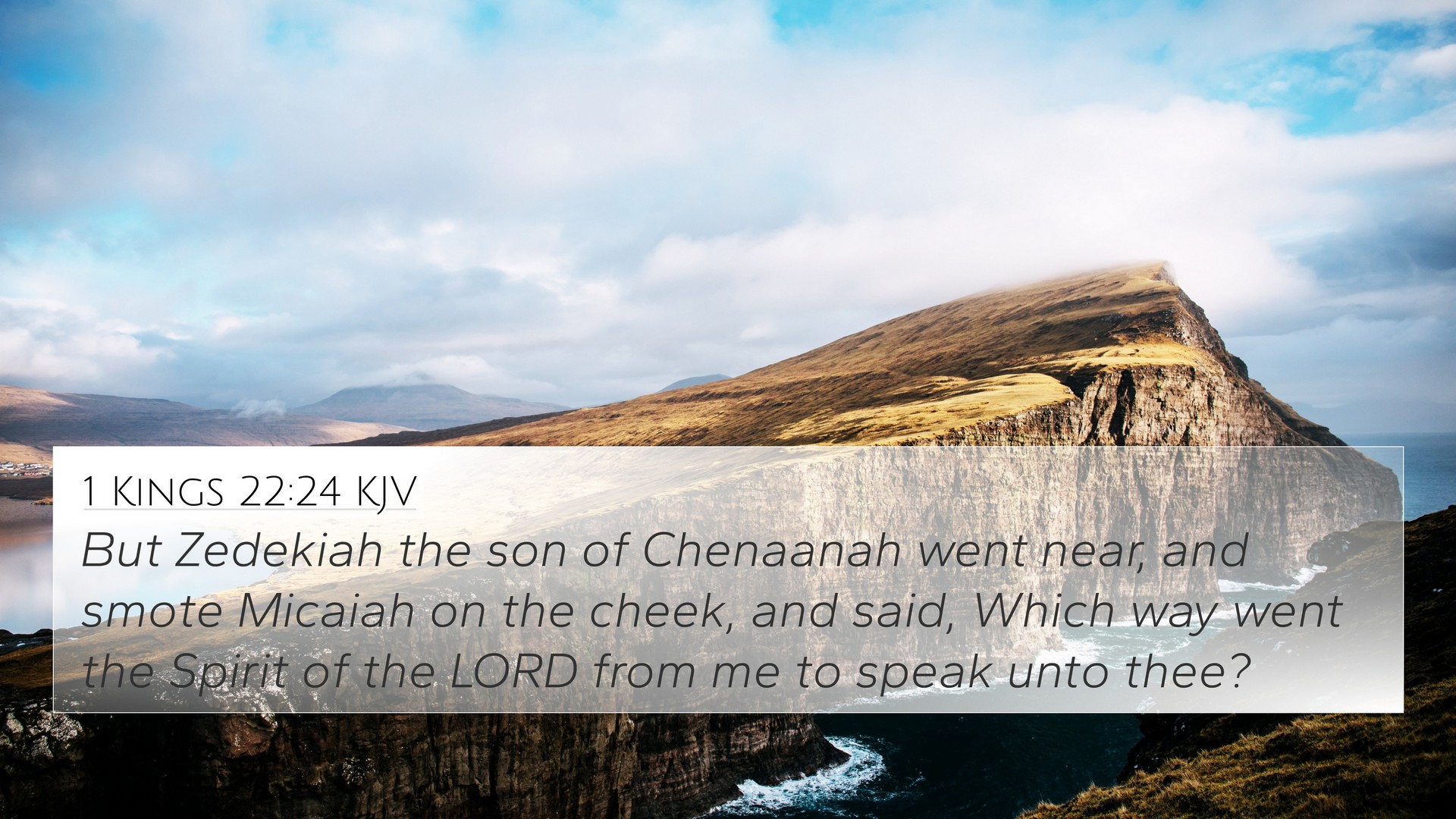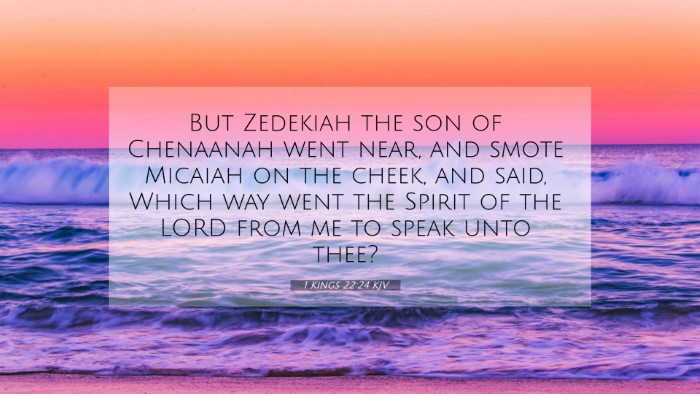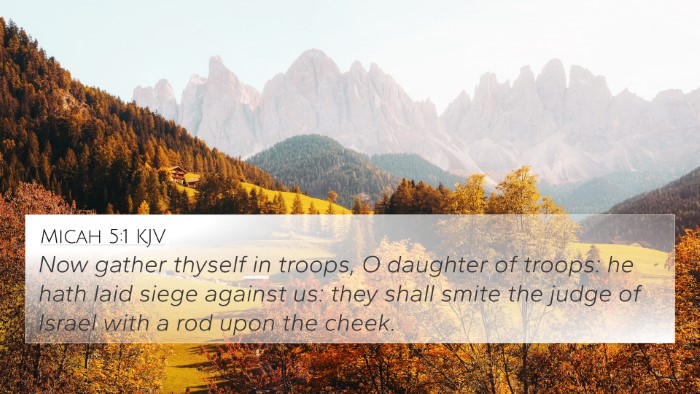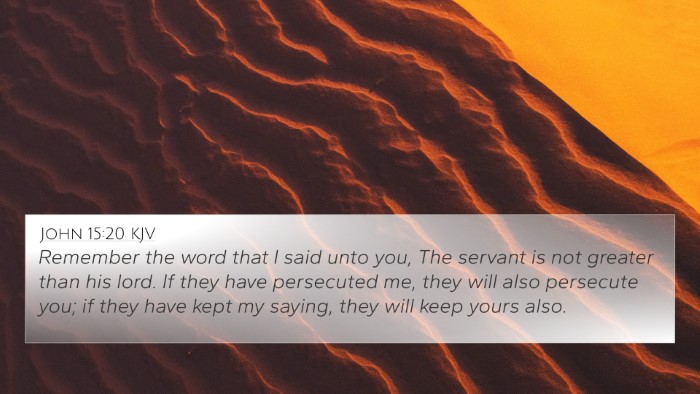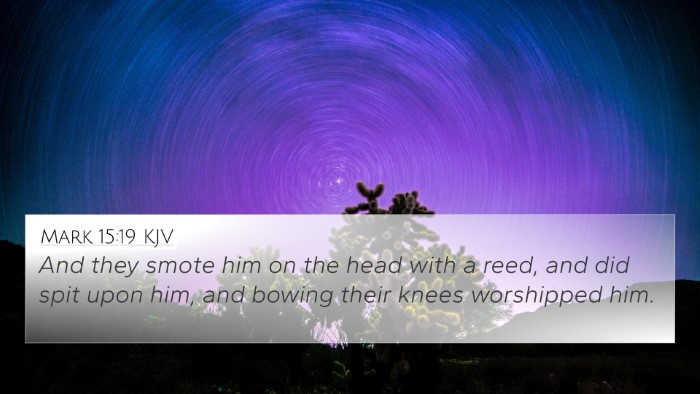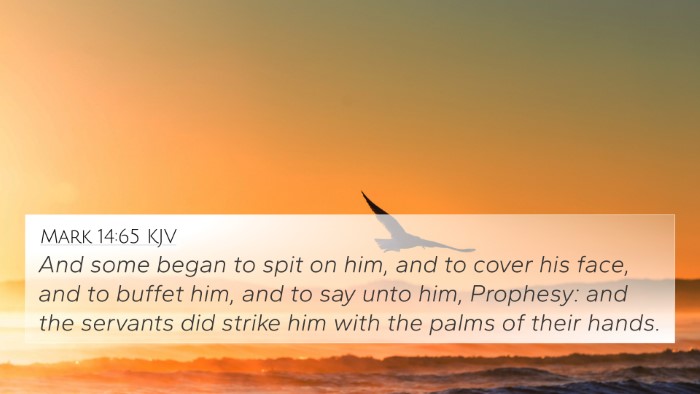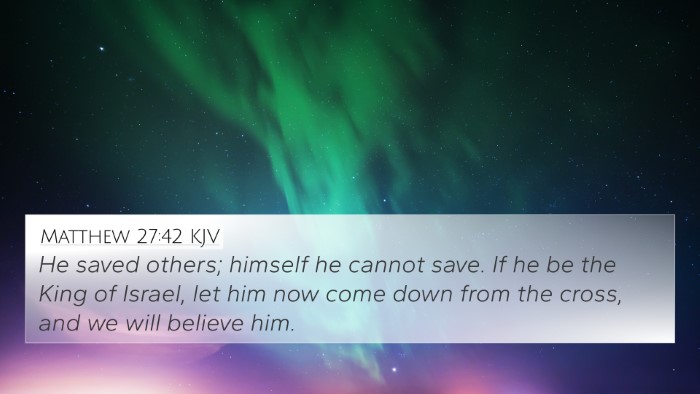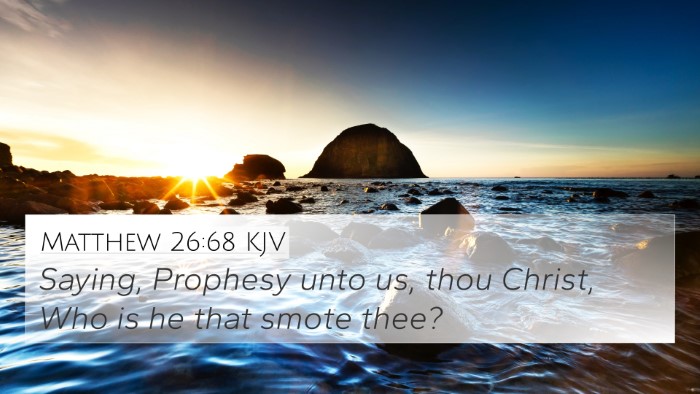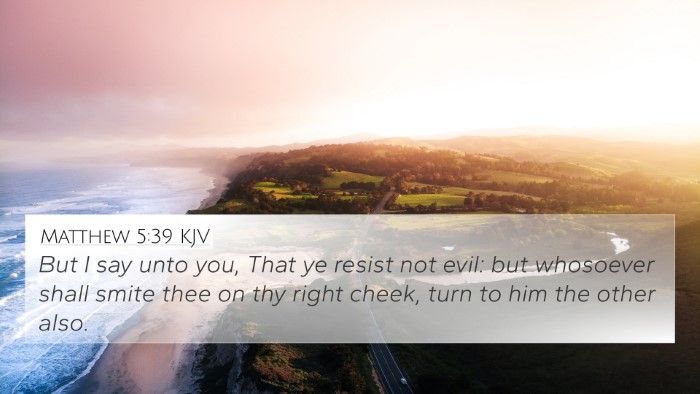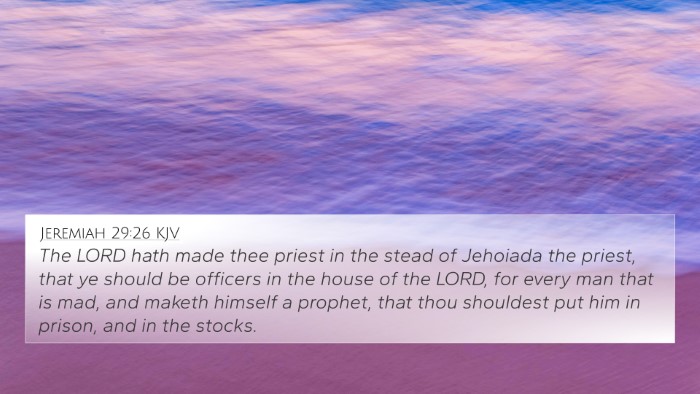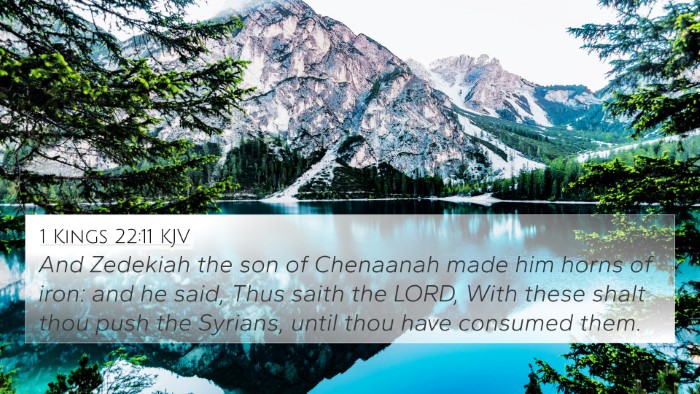Understanding 1 Kings 22:24
The verse 1 Kings 22:24 presents a critical moment in the narrative of King Ahab’s interactions with the prophet Micaiah, revealing the consequences of disobedience and the stark realities of divine prophecy.
Verse Context
This verse is nestled within the account of Ahab's quest for guidance before going to battle against Ramoth-Gilead. The previous verses highlight Ahab's alliance with Jehoshaphat and the role of the prophets in conveying messages from God. Micaiah stands out among the prophets for speaking the truth, contrasting the misleading prophecies of Ahab's other prophets.
Commentary Insights
Let us explore the enriched meanings offered by public domain commentaries such as those by Matthew Henry, Albert Barnes, and Adam Clarke:
-
Matthew Henry's Commentary:
Henry notes that the verse illustrates Micaiah's prophetic integrity, where he emphasizes the consequences of false prophecy and the peril of aligning with deceitful council. His reference to the spiritual realm allows readers to reflect on the serious nature of divine justice that operates beyond human understanding.
-
Albert Barnes' Notes:
Barnes underscores the importance of discernment in spiritual matters, particularly in leadership. The verse serves as a critical reminder of the need to seek genuine truth rather than succumbing to flattering but false counsel. He further explores how prophets are often found in opposition to the whims of earthly kings, prompting leaders to weigh the veracity of the advice they receive.
-
Adam Clarke's Commentary:
Clarke speaks to the interplay between divine revelation and human reception. He highlights the dire warning against ignoring God's true messengers, which aligns with the broader theme of prophetic silence versus prophetic instruction during times of crisis. The verse serves as a reminder of the importance of heeding God's word, regardless of societal pressures.
Thematic Connections
The complexities of 1 Kings 22:24 link to various themes within Scripture, prompting thematic Bible verse connections that resonate throughout the biblical narrative:
- Deception in Prophecy: This verse relates to Jeremiah 14:14 where false prophets are condemned.
- Discernment: Reflects 1 Thessalonians 5:21, urging believers to test all things.
- Judgment of Leaders: Similar to Proverbs 16:10, where divine judgment rests on the lips of kings.
- God's Sovereignty in Decision Making: Connects to Proverbs 19:21, showing that while man devises plans, the Lord's purpose prevails.
- Integrity of True Prophets: Linked with Micah 3:11, which underscores that true prophets speak only as the Lord commands.
- Opposition to God’s Messages: Corresponds with Matthew 23:37, reflecting on how prophets are often rejected.
- Consequences of Rejecting God’s Word: Parallels Luke 19:41-44, which portrays the lament over unrepentant cities.
- Importance of True Counsel: Echoed in Proverbs 12:15, which states the way of a fool seems right to him, but the wise listens to advice.
- The Role of the Prophet: Relates to 1 Corinthians 14:29, where prophecy is for edification, exhortation, and comfort.
- Trust in God's Word: Ties to Isaiah 8:20, where it is essential to seek God’s law and testimony.
Conclusion
In summary, 1 Kings 22:24 serves not only as a cautionary tale about the perils of heeding false prophets but also encourages believers to seek truth, even when it may be uncomfortable. By understanding the connections between this verse and others, believers can gain profound insights into the nature of God's dealings with humanity and the critical importance of truth in both leadership and prophecy. The verse serves as a foundation for further explorations in scriptural cross-referencing, enhancing one's study of the intricate tapestry of themes woven throughout the Bible.
